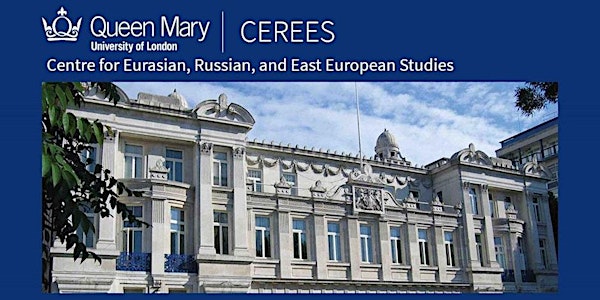This paper presents the history of the vegetarian land communes in Bulgaria influenced by the Russian writer and social thinker Lev Tolstoy. Pledging to build a life “without the exploitation of one being by another,” their members emphasized connection to land and the environment and practiced horizontal communalism, egalitarian spiritualism, and vegetarianism in conscious opposition to private property and the enclosures of land, against militarism and the use of violence, and against state power and the Church. There were over a dozen communes formed in Bulgaria during the first three decades of the twentieth century, and most of them lasted for only a few years. In this talk I bring into focus the history of a vegetarian land commune founded in 1926 near Plovdiv, Bulgaria, which survived for over thirty years and served as a hub for vegetarian, Tolstoyan, anarchist, and alternative spiritual communities in the country. I present materials from the rich archives of the community and the movements.
Zhivka Valiavicharska is a political theorist and art historian working on the social, cultural, and visual histories of twentieth-century Bulgaria and Eastern Europe. She is Associate Professor at Pratt Institute, New York, and the author of Restless History: Political Imaginaries and their Discontents in Post-Stalinist Bulgaria (McGill University Press, 2021).
This talk is part of a mini-series on “Contemporary Debates in Post-Socialist Theory and Practice”, co-organised by Maria Chehonadskih (Queen Mary UoL) and Neda Genova (University of Warwick). It is supported by the Centre for Eurasian, Russian and East European Studies at QMUL and the Leverhulme Trust.

